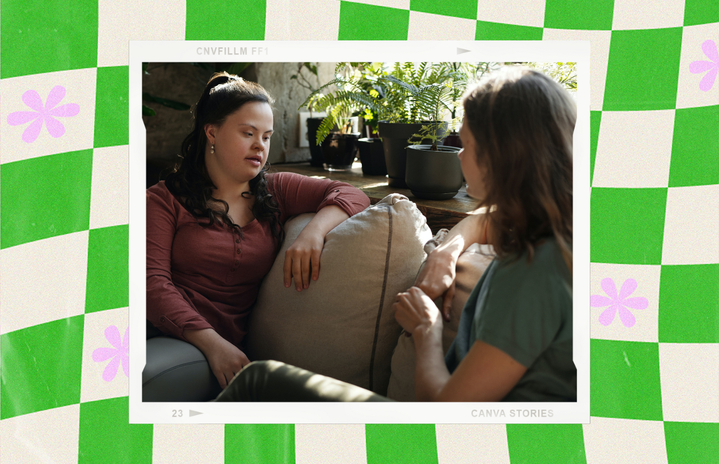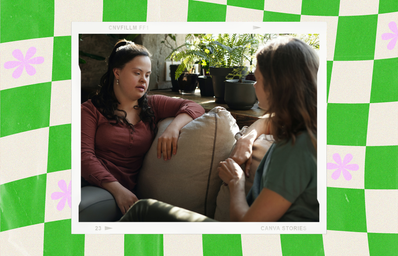Establishing boundaries isn’t always simple. Communicating your needs and limits can be stressful, particularly for those unaccustomed to it.
When individuals are accustomed to certain relationship boundaries, they may resist if you attempt to change them, and people, including children, often push boundaries with each other. This can be taxing, especially when considering the impact of conflict on stress levels.
Nevertheless, the outcome can be highly rewarding: relationships characterized by greater mutual respect, meeting the needs of all parties, and significantly reducing stress for everyone involved.
Lacking healthy boundaries can lead to toxic and unsatisfying relationships, ultimately affecting your well-being. Boundaries are essential for fostering healthy friendships since they set the stage for mutual respect, clear communication, and understanding—all vital components of positive relationships. When established and respected, boundaries enable a harmonious balance between closeness and individuality in friendships. They facilitate open expression of thoughts and feelings, shared experiences, and mutual support, while also preserving each person’s distinct identity and independence.
Affect on Mental Health
Consistent violations of boundaries in a friendship can result in substantial mental and emotional distress. These violations can manifest in various ways, such as consistently invading personal space, disregarding feelings, or offering unwanted advice. Such disregard can evoke feelings of resentment, helplessness, and a decline in self-esteem. Eventually, this may lead to chronic stress, anxiety, or depression.
When establishing your boundaries in particular situations, it’s important to consider practical factors, such as the potential “cost” of setting those boundaries. This approach also helps clarify feelings of guilt (should you feel guilty?) and motivation (is it worth it?), allowing you to proceed with minimal stress.
Consider the following questions:
-What is equitable in this situation?
-If you were in the other person’s shoes, would you still see your proposed solution as fair?
-Have you agreed to this, or is it an expectation imposed by the other person?
-Is there a different solution that could be more mutually beneficial?
-Will establishing a boundary or making a change create more stress than it might alleviate in the long term?
-If you set a boundary and the other person unreasonably resists it, are you prepared to let go of the relationship rather than be hurt by the boundary mismatch?
It’s crucial to recognize that you will probably prioritize your own feelings over those of others, as you are the one who has to deal with the outcomes of your choices.
You are the person who will ultimately live with the repercussions of your decisions. Each of us has our own boundaries and comfort levels, but these questions can stimulate reflection.




